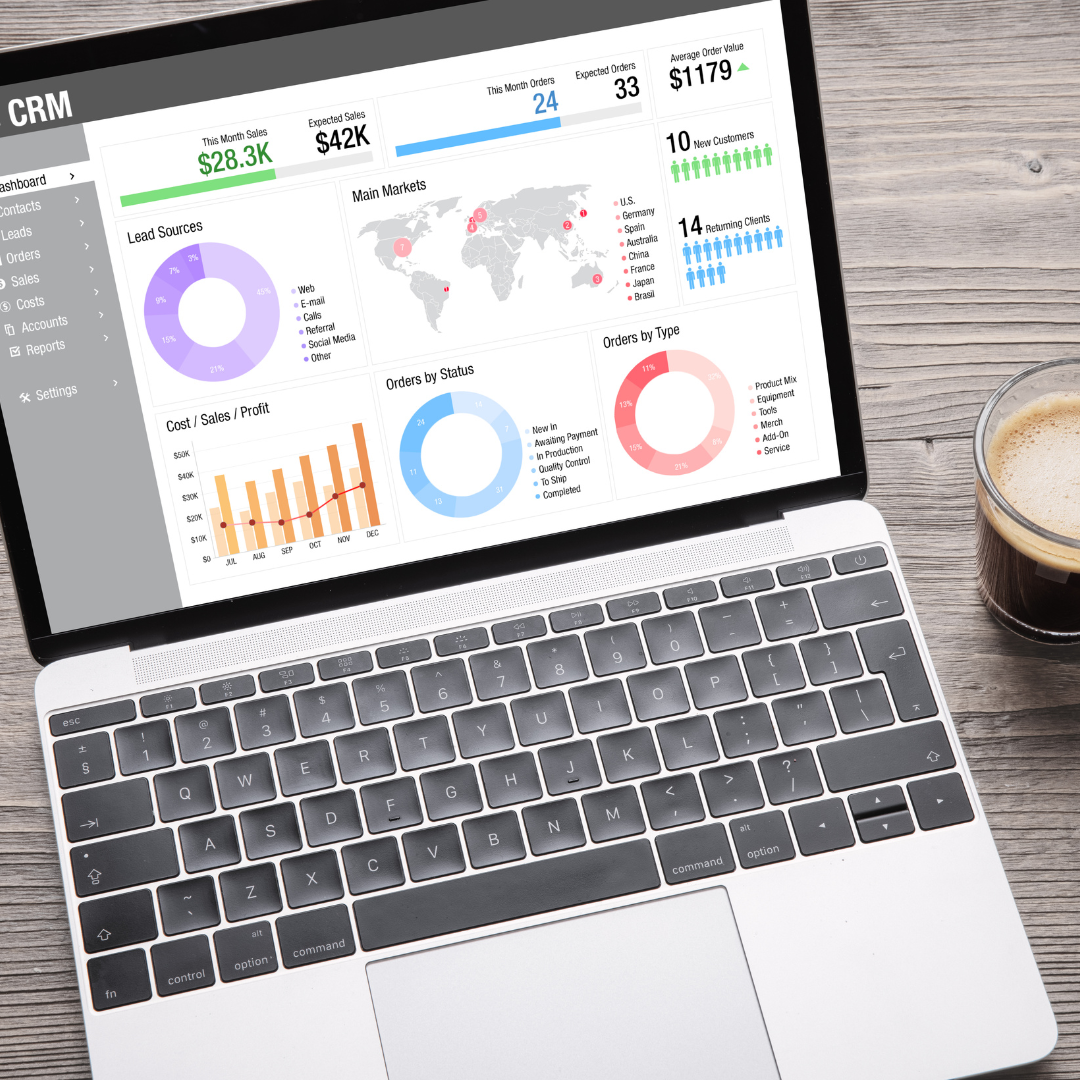CRM Tools Bring a Competitive Edge to General Contractors
One of the most important keys to success as a general contractor is leveraging technology to multiply efforts, increase efficiencies, and improve communication. The right tools can facilitate general contractor licensing , filing annual reports, keeping the workers’ compensation exemption renewed, following lien law, pulling permits, and filing a notice of commencement. The general contractor must also consider the marketing aspects of what they do. If there is not a next client, then there is not another project.
Client acquisition and customer relations management are a vital dimension of being a general contractor. If a general contractor is to repeatedly and consistently succeeds, they must perform well in many areas and at all levels. Technology facilitates compliance and enables scaling. The proper technology will empower general contractors to multiply themselves, multiply projects, verify compliance, and grow profits.
The maxim “Plan your work and work your plan” is technology encapsulated. Technology empowers planning, organization, execution, accountability, and follow-up. Competency in each of these areas is mission-critical for success in an industry where attention to detail and data management directly impact ROI. A project is not successful unless it is completed on time, on budget, and according to client or customer specifications. CRM helps achieve success at all levels.
What is a CRM?
A CRM or customer relations management tool is a planning, organizational, and management tool that has the potential to launch a general contractor to the next level of performance and beyond.
A business management software solution may already be in place and in use to handle day-to-day project needs. It may have a CRM component or platform. The reality is that most CRM’s are underused or not used at all. The following seven benefits should compel the savvy general contractor to adopt a CRM platform to manage their many projects.
-
View the client and project pipeline at a glance
A CRM organizes client data into a visual format that can be digested and understood at a glance. From leads to prospects to clients to subcontractors to vendors to projects, see the sales and project pipeline and which potential projects are about to solidify. Licensing, permitting, and compliance schedules can be managed on an individualized project level and can be viewed at a glance. Failing to pull a permit or allowing a contractor’s license or certification to fall through the cracks or lapse could be painful to resolve.
-
Spend less time managing client data and more time managing projects
Automation does the heavy lifting and allows for instant scaling.
-
Enhance client service
Tracking client and subcontractor communication in a single location is valuable to both the general contractor, the subcontractors, and the client. From an internal perspective, CRM makes it easier to share information with the team. With a cloud-based CRM, the team can securely store and access data from anywhere on their smartphones. Team members with access can make notes on a potential client’s file, adjust estimates, request specific materials, and move opportunities from one stage in the pipeline to the next.
-
Remind the team to follow-up on details and the progress of the project
Being a general contractor involves acquiring clients and serving client and project needs. A worthy CRM tool facilitates client acquisition and project organization and implementation. For the specific details of a project or subproject, a project management tool is highly recommended. A CRM and project management combination can be the best solution.
-
Forecast revenue more accurately
Tracking the acquisition of a new client and the project progress is essential for cash flow. Cash flow is arguably one of the greatest struggles for a small business. Overcoming the cash flow challenge marks a significant achievement in the management of a business, especially in the area of construction.
-
Use data-powered insights to finetune the client-to-project process
A CRM can reveal insights about the overall process. With data stored in a central location, patterns emerge from that might not have been noticed. Seeing each sales opportunity in the pipeline from new leads and contacts to project initiation exposes stall points that can be addressed and remedied. The launch of the project can be expedited.
- Collect better ROI on marketing dollars
General contractors who want to grow must do some form of marketing. Whether the marketing is informal or formal or analog or digital, knowing where every marketing dollar was spent and then being able to assign results – leads and conversions – to those dollars is extremely valuable, especially as a company grows and scales to accommodate that growth. Knowing the source of the best results can help a general contractor know where to push the marketing dollars. Money well spent yields solid results that convert into clients with construction projects.
Technology is the force multiplier in the highly competitive and margin-sensitive general contracting industry. The ability to manage, analyze, and interpret client and project data informs critical decisions that determine whether a project will be profitable. Ensuring that all documentation, licensing, and compliance issues are managed in a timely and accurate manner is mission-critical for success. General contractors who embrace the power of a CRM tool will win in all areas and at any level.
To learn more about Florida contractor license requirements , contact Contractor Reporting Services by phone at (813) 932-5244.












